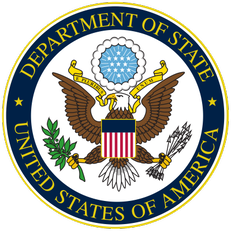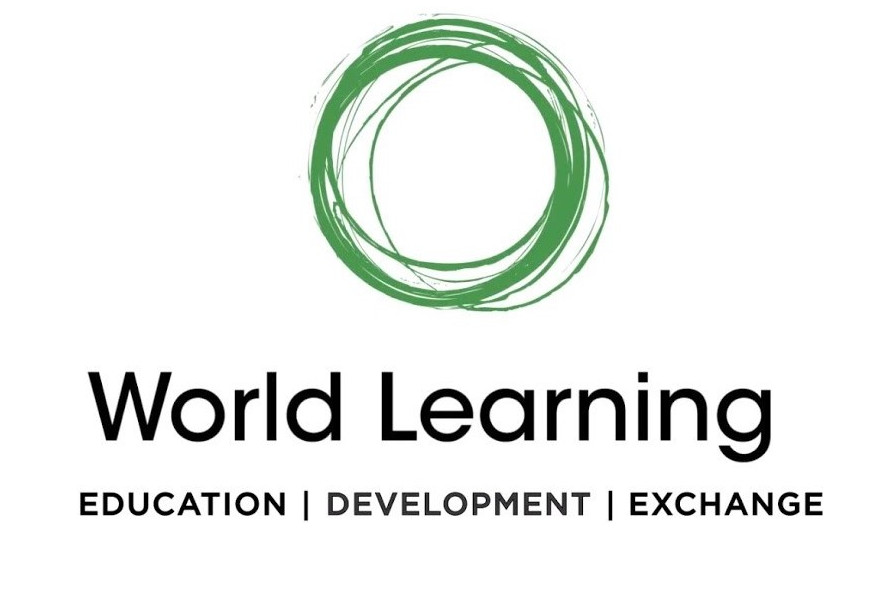EducationUSA App





The Fulbright Specialist Program (FSP) brings US academics and professionals to Nepali institutions for a duration of 2-6 weeks for projects developed by the Nepali host institutions.
In Nepal, the FSP empowers host institutions to design and propose projects within eligible disciplines that align with their organizational priorities. These projects are matched with highly qualified U.S. academics or professionals who bring their expertise to strengthen institutional linkages and advance mutual goals.
The program offers U.S. experts at the faculty or full professional level—such as academics, attorneys, journalists, scientists, economists, and specialists in other eligible fields—an opportunity to share their knowledge and skills through impactful, host-driven initiatives.
As we approach the United States’ 250th anniversary of independence in 2026, Fulbright has implemented new guidelines for the U.S. Specialist programs. Projects that integrate America 250 themes will be prioritized. Possible topics include, but are not limited to:
Such projects may involve collaboration with American studies programs, historical societies, cultural institutions, or civic organizations to deepen understanding of American history and democracy.
Alternatively, or in addition to the above, host institutions may integrate America 250 programming into existing or future projects by adding community engagement activities, such as: